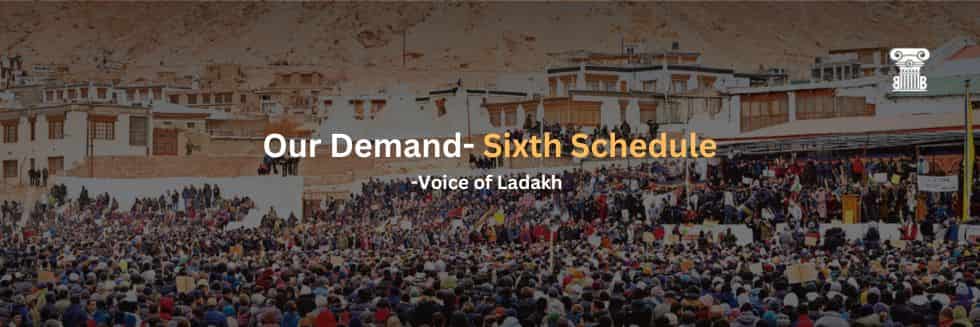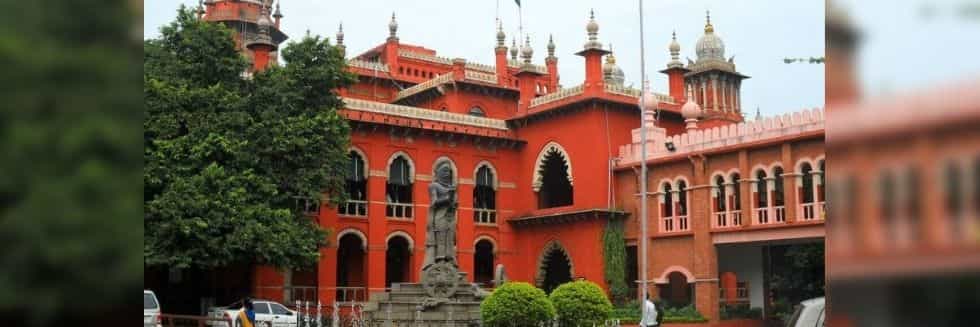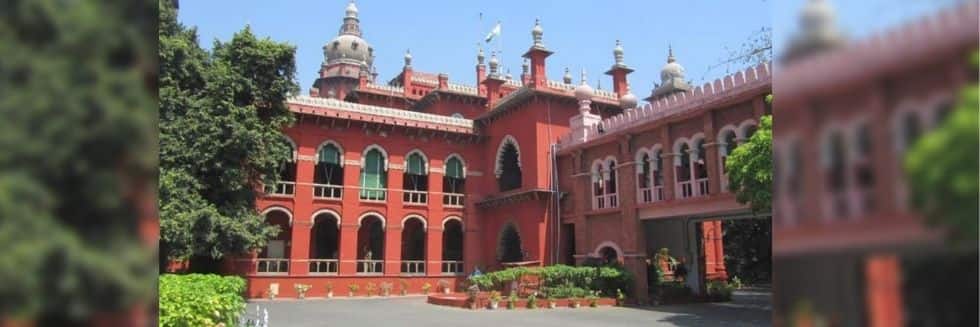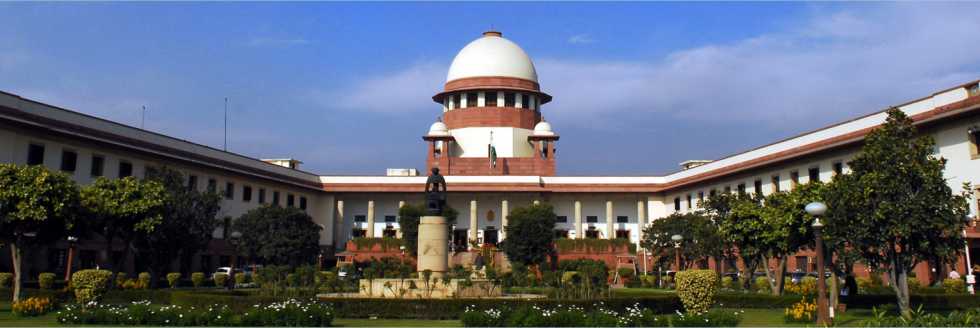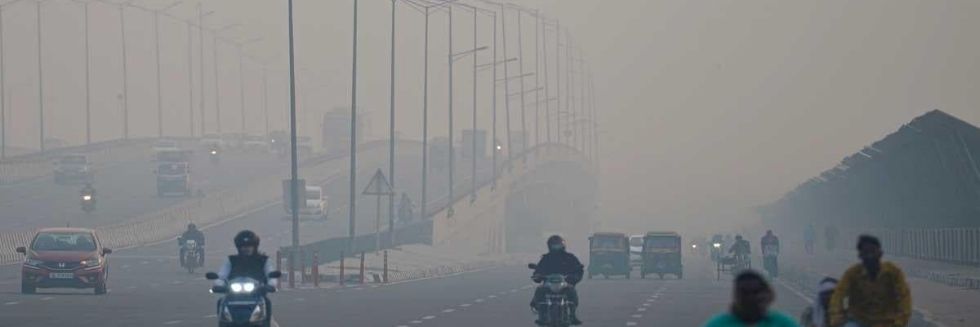What is the Sixth Schedule:
In 1949, the Indian constitution introduced the sixth schedule under Article 244. This schedule aimed to safeguard the rights and interests of indigenous and tribal communities by instituting autonomous district divisions called Autonomous District Councils (ADCs). These councils were established to operate independently within certain regions.
As a result of the enforcement of the sixth schedule, indigenous and tribal communities residing in the northeast region of India experience a notable degree of autonomy. Specifically, Assam, Mizoram, and Meghalaya each boast three autonomous district councils, while Tripura is home to a single such council. This arrangement empowers these communities to govern their affairs in a manner that reflects their unique cultural and social dynamics, fostering a sense of self-governance and preserving their heritage.
What are the demands of the residents of Leh:
The protesters are advocating for the grant of statehood to Ladakh and the recognition of its tribal status under the Sixth Schedule of the Indian Constitution. This provision permits the establishment of autonomous administrative units with certain legislative, judicial, and administrative powers within a state. These units have the authority to enact laws about significant matters such as land, forests, water, and mining, which are particularly vital for a region where 97 per cent of the populace is tribal.
Current Scenario:
The ongoing protest in Ladakh against the central government is expected to intensify further, as the Kargil Democratic Alliance (KDA) has announced its participation in the hunger strike led by environmental activist Sonam Wangchuk starting from March 24.
Tensions have been rising in the strategically important region bordering China and Pakistan following the breakdown of negotiations earlier this month. A committee of the Union Home Ministry rejected Ladakh’s demands for constitutional safeguards after it became a Union Territory in 2019.
Sajjad Hussain, a member of KDA who contested the 2019 Lok Sabha election from Ladakh, highlighted that the group will join Wangchuk’s hunger strike from March 24 to March 27 due to the failure of discussions with the Central Government to address their demands for Sixth Schedule Rights for Ladakh and the restoration of its statehood.
“The issues of statehood and Sixth Schedule status are deeply important to the people of Ladakh. It reflects widespread sentiment and aspiration, and we are committed to pursuing this cause until it is resolved,” stated Hussain, a prominent social activist.
A significant protest occurred in Kargil on March 20, following a half-day shutdown organized by the KDA in support of Wangchuk, who has been fasting in Leh for the past 15 days despite extreme sub-zero conditions. Thousands of Ladakhis have joined him in rallying for the restoration of democracy, statehood, and inclusion of Ladakh in the Sixth Schedule, among other demands.
Asghar Ali Karbalai, a co-convenor of KDA and former J&K lawmaker, led the crowd from Fatima Chowk to Hussaini Park in Kargil, urging protesters to prepare for a sustained struggle following the breakdown of talks with the central government.
“The Central government underestimates our resolve. They may believe that dissent in Ladakh can be suppressed through force, but we stand firm and ready to confront any challenges in our fight for Ladakh and our rights,” asserted Karbalai.
Karbalai also announced his intention, alongside Hussain and Qamar Ali Akhoon, a former J&K minister from the National Conference party and another co-convenor of KDA, to join Wangchuk’s fast, now on its 16th day.
Wangchuk, sustaining himself on only water and salt since March 6, has been utilizing social media platforms to draw attention to Ladakh’s fragile environment and the potential environmental catastrophe posed by industrial developments in the region. He has also been reminding the BJP leadership of its promises to Ladakh in the run-up to the 2019 parliamentary election and the 2020 Hill Council elections.
Planning a ‘border march’ of 10,000 Ladakhi shepherds and farmers, Wangchuk aims to highlight the ground realities amid encroachments by Indian industrial plants and Chinese expansion to the north.
Karbalai revealed plans for a meeting with the Leh Apex Body (LAB), leading the agitation in the Leh region for constitutional safeguards, to chart out the next steps following the deadlock in talks with the central government earlier this month.
“Our protest transcends communal or regional divides. Every resident of Ladakh stands united in support of our demands,” affirmed Karbalai.
In addition to statehood and Sixth Schedule inclusion, the LAB-KDA alliance has been advocating for job reservations for Ladakhis in the administration and separate parliamentary representation for Leh and Kargil districts.
